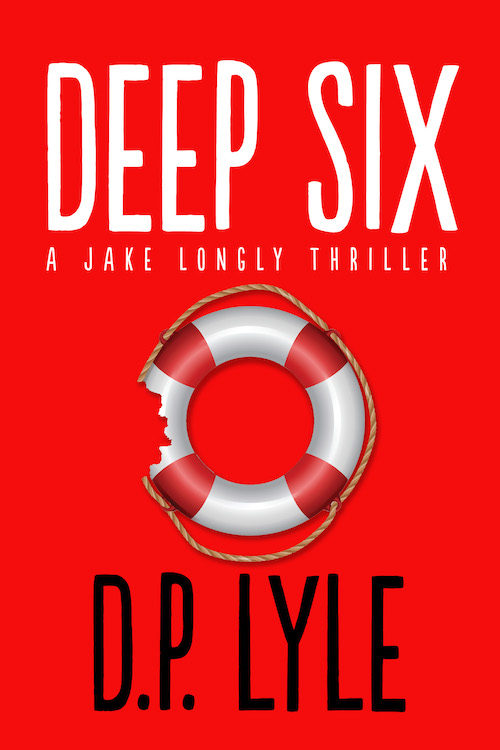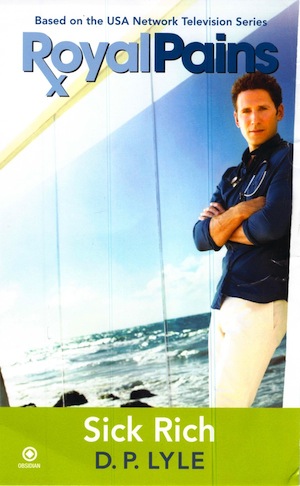How Clinical Psychology Schools Can Help Former Athletes Go Amateur Again
Junior Seau’s recent suicide is one of several that have occurred over the past few years, all involving former professional football players. The tragedy of his death has once again sparked discussion of why so many athletes suffer from depression after retirement and at times take their lives because of it. Though more research has yet to be conducted, medical experts are pointing the finger at the extensive physical toll contact sports have on players and the development of chronic traumatic encephalopathy (CTE) as a result.
CTE, which causes both behavioral and bodily disorders, has been linked to the hard blows and concussions that many football players are subjected to over the course of their careers. No known cure has yet been found for CTE; however, as medical experts become more adept in recognizing its symptoms, those suffering from it have a better chance of stabilizing this condition to live productive lives outside of professional sports. Yet to do so, clinical psychology schools must teach their students what to look for and how to treat it.
Whether retiring from professional football or any other sport, individuals can experience a significant amount of stress upon exiting their athletic careers. For many, they have been trained both physically and mentally to be only a pro sports player and struggle to redefine that self-image when their calling is no longer an option. Moreover, it can be a shock to players’ sensibilities and bank accounts when the lifestyle they have so long enjoyed is suddenly taken away from them. No longer do they have the accolades, camaraderie, and financial rewards that come with playing professional sports. Rather they are left with deteriorating bodies and no livelihood before 40 years old. Some individuals such as football players may also begin to see signs of depression and dementia, both symptoms of CTE.
Sports psychologists can help former athletes transition through this period in their lives. Perhaps the hardest step is recognizing that help is needed, as many athletes are taught to ignore their problems. They are told that discussing their failing physical state or depression is a sign of weakness, which is why individuals such as Seau may take their lives instead of seeking treatment. Yet should their loved ones or the athletes themselves notice any of these symptoms, contacting a clinical sports psychologist can literally save their lives. Patients can begin therapy sessions to both combat their destructive thoughts and construct a new outlook for their lives post professional sports.
Given the increase in CTE and its effects, sports psychologists can help patients who suffer from this disease to recognize its impact on their behavior and teach them how to monitor their moods either with continued therapy sessions or medication if required. Most importantly, sports psychologists can aid these individuals through the mourning process of accepting the end of their professional sports careers. No matter if they retired weeks or years ago, many individuals cannot let go. By talking them through the grief and discussing other possibilities that life may hold for them, clinical psychologists can alleviate the depression that athletes experience and put them on the road to recovery toward fulfilling lives once their playing days are over.
Drew Hendricks is an SEO and SMO in Seattle who enjoys writing about everything!

























Louise Behiel
June 15, 2012 at 5:49 am
It is tragic that such successful people are pushed to ending their lives after ‘the show’. I think the contact injuries are a highly likely reason for that. Our bodies aren’t made for such abuse.
LikeLike
Marilynn Byerly
June 15, 2012 at 1:25 pm
I know steroids alter emotions. Could they also be a cause for these suicides?
LikeLike
D.P. Lyle, MD
June 15, 2012 at 2:36 pm
Absolutely as could the depression that often follows the end of a career in the limelight.
LikeLike
Teddi Deppner
June 24, 2012 at 5:49 pm
Thanks for this article! From a writer’s perspective, this is great fodder for character development. One of my characters is going through a big transition in his professional life (it is basically falling apart, along with his health). Since his job involved a lot of traumatic injuries (head and otherwise), I can see this medical problem either playing a part or at the very least being discussed by his physician and/or psychologist. Very useful!
LikeLike